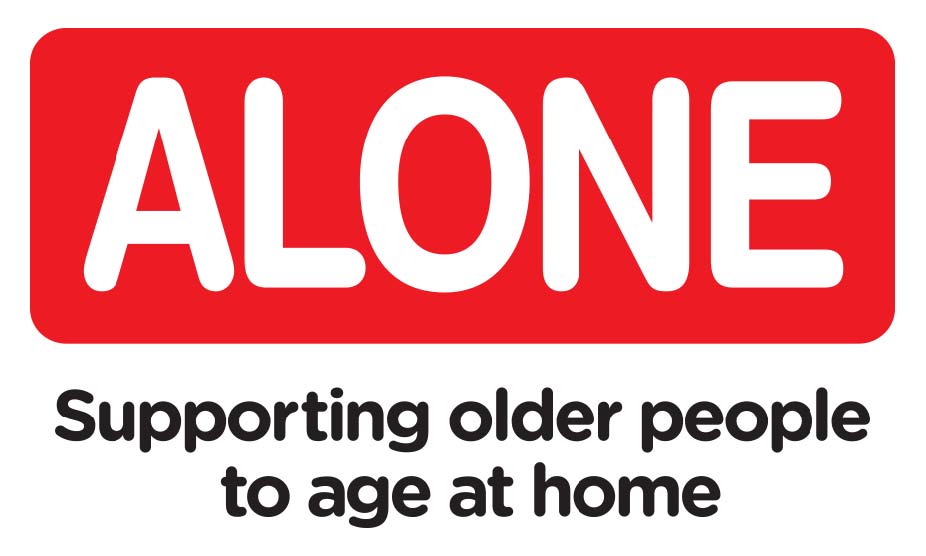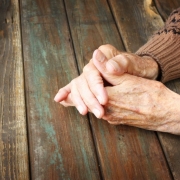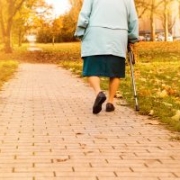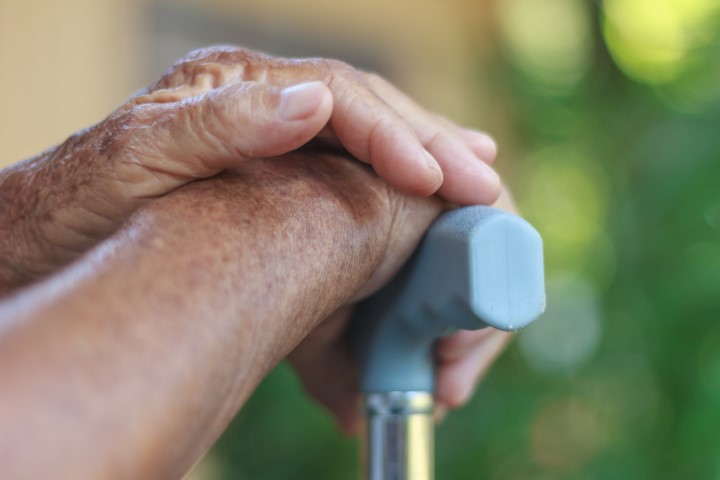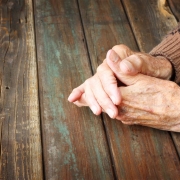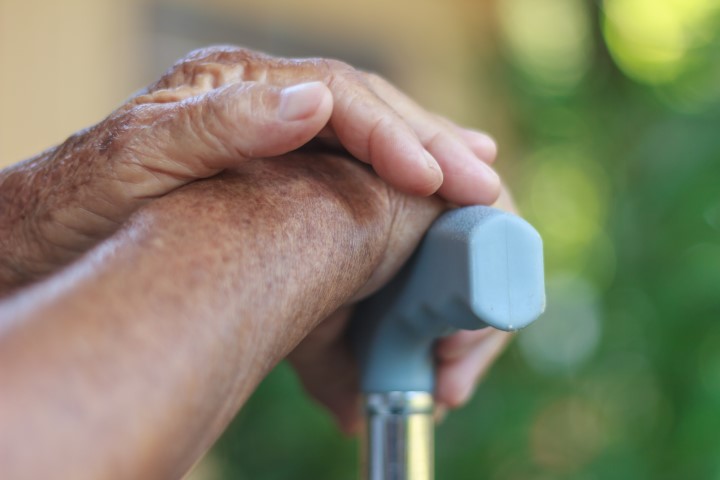Loneliness Taskforce calls for €5m funding to address loneliness in Budget 2024, as action plan remains on the shelf
Urgent action required as Taskforce states: “We do not want Ireland to be at the top of the league-table for loneliness again”
The Loneliness Taskforce is concerned that the Government is not living up to their commitment to tackle loneliness and are advocating strongly that funding is allocated to this area in this year’s Budget.
The urgent need for this investment comes following an EU Commission research report published in June showing that Ireland has the highest rates of loneliness in the EU. The research showed that 20% of us feel lonely most or all of the time – considerably higher than the EU average of 13%. An advisory was also published earlier this year by the US Surgeon General announcing an epidemic of loneliness and isolation[1].
Furthermore, despite a commitment in the Programme for Government to address loneliness, loneliness has not been allocated to a Unit within the Department of Health; nor has it received specific funding, and the committed-to action plan does not appear to have been started.
“Loneliness has significant negative mental and physical health impacts with costs not only to the individual but to society as a whole,” said a spokesperson for the Taskforce. “If another condition was so strongly associated with mortality and health difficulties, we would work strategically to reduce it across the population – like we do already with smoking, obesity, and physical inactivity. Why has loneliness not received the same response?”
In addition to the Programme for Government, the Government has committed to developing an action plan in various policy documents including the Roadmap for Social Inclusion, and the Healthy Ireland Strategic Plan. The Midterm Review of the Roadmap for Social Inclusion published recently noted the timeline for the action on Loneliness as ‘Ongoing – TBC’; the Healthy Ireland Strategic Plan noted a planned timeline for completion of 2022, which is now significantly overdue.
“Loneliness must be addressed by tackling the root causes at the structural, community and individual level, across all age groups and demographics, and particularly to those cohorts most at risk of loneliness and isolation, including carers, LGBTQ+ people, younger people, people with disabilities and members of the international community residing in Ireland,” continued the Spokesperson. “The Loneliness Taskforce has repeatedly offered our support to the Department of Health to develop an action plan. This offer has not been taken up to date. We cannot understand why there appears to be such reluctance to follow through on a commitment that has already been made. Loneliness requires an action plan, funding, research, and a strategic response to address it.”
The Taskforce is calling for €5 million in funding in Budget 2024 for development of the action plan, a public campaign, support for organisations combating loneliness, and research among other recommended actions.
A spokesperson for the Loneliness Taskforce went on to say, “The COVID-19 restrictions have eased, but the isolation and loneliness experienced by many during this period will continue to impact their lives and their health into the future. The Government needs to take action now to help mitigate the worst impacts of loneliness on citizens’ health and wellbeing and provide €5 million in funding to help combat loneliness. In the context of the overall Budget and the current exchequer surplus, this investment is tiny, and furthermore, it will prove to be a cost-saving measure with more lives lived with real connection to each other and communities.”
They concluded, “The fact that Ireland, where we pride ourselves on the strength of our communities, has the highest levels of loneliness in the EU, is bitterly disappointing and very concerning. This fact must be a driving force for action. We do not want Ireland to be at the top of the league-table for loneliness again.”
[1] https://www.hhs.gov/sites/default/files/surgeon-general-social-connection-advisory.pdf


